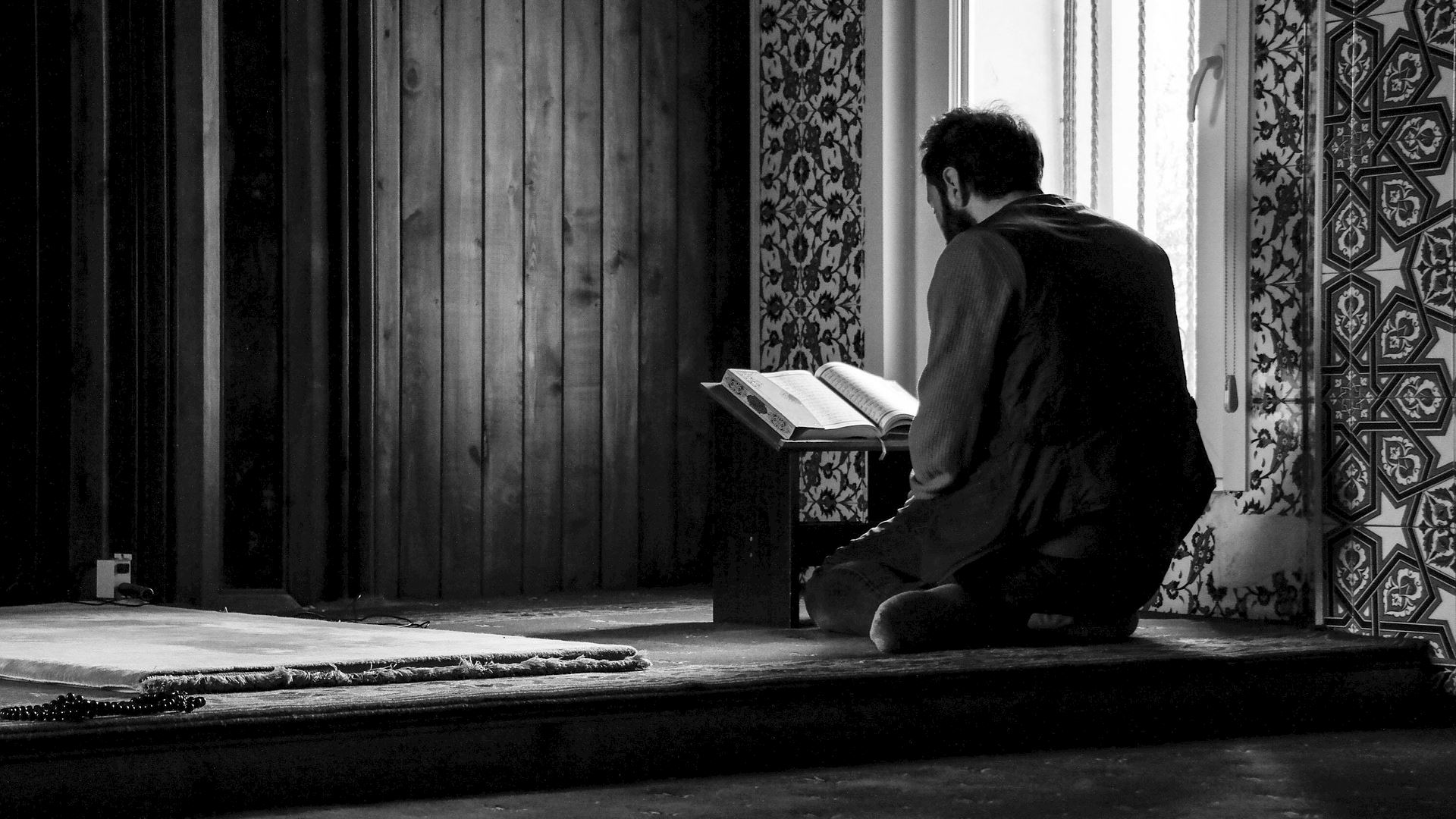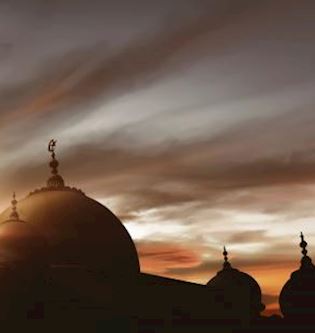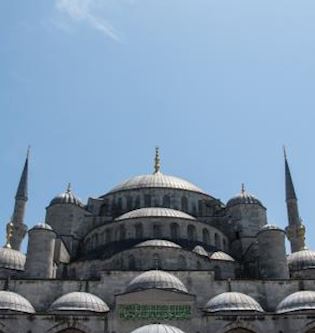The Battle of Karbala: A Legacy of Sacrifice

In the dusty plains of Karbala in 680 CE, a defining moment in Islamic history unfolded one that still reverberates through the hearts of believers today. It was not just a clash of swords but a clash of principles: justice against tyranny, sacrifice against power, truth against falsehood. And at the center of it stood Imam Hussain (AS), the grandson of the Prophet Muhammad ﷺ.
What Was the Battle of Karbala?
The Battle of Karbala occurred on the 10th of Muharram, now known as Ashura. This year Ashura falls on July 6th, 2025
During this time, Imam Hussain and a small group of his family and followers were brutally taken out by the forces of the Umayyad Caliph Yazid I.
Though heavily outnumbered, Imam Hussain chose to stand firm rather than give allegiance to a tyrant.
His martyrdom was not just a personal sacrifice; it was a stand for justice that has inspired generations across time, sects, and continents.
Why Did Imam Hussain Refuse to Pledge Allegiance?
Following the death of Muawiya I, his son Yazid inherited power, turning the Caliphate into a hereditary monarchy. Yazid demanded the loyalty of Muslim leaders, but Imam Hussain refused, knowing it would legitimize injustice and corruption.
Rather than stay silent, Hussain traveled toward Kufa after receiving calls for leadership from its people. But Yazid’s forces blocked his path, isolated his caravan in the scorching desert of Karbala, and cut off access to water.
What Happened at Karbala?
Imam Hussain’s caravan was small with only 70 companions including women and children. The Umayyad army had thousands. Surrounded and denied even basic access to water, Imam Hussain still refused to surrender.
On the 10th of Muharram, one by one, Hussain’s companions were martyred, including his own sons, nephews, and friends. Imam Hussain stood alone in the final hours, fighting bravely until he too was killed and beheaded.
Even in death, his dignity remained unshaken.
The Legacy of Karbala: Why It Still Matters

Though the Umayyads claimed military victory, history tells a different story. The real victor was Imam Hussain and his sacrifice. It became the catalyst for major political change and spiritual reflection. Within a few generations, the Umayyads fell, and the Islamic world began to reflect deeply on Karbala's lessons.
Today, Muslims remember Imam Hussain as a symbol of resistance, truth, and unwavering faith. His story is a reminder that even in overwhelming odds, standing up for what’s right has eternal weight.
Lessons from the Battle of Karbala
- Truth may be outnumbered, but it is never defeated.
- Sacrifice for justice is the highest form of worship.
- Leadership is not about power, it’s about principle.
Every Muharram, millions of Muslims reflect on these lessons through fasting, prayer, storytelling, and acts of charity.
Giving in Muharram: Honoring Imam Hussain Through Action
Imam Hussain’s life wasn’t just about resisting tyranny but about taking care of others. He fed the hungry, cared for orphans, and lived a life of compassion.
At Muslim Hands USA, we carry that legacy forward, especially during Muharram, one of the four sacred months in Islam. It’s a time to give with purpose, reflecting on the values Imam Hussain gave his life for.
💧 Give Water in honor of those denied it at Karbala.
💙Sponsor an Orphan to honor Imam Hussain’s love for children and care for the vulnerable.
🔷Give Your Zakat to support those in need this sacred month.
Be Part of Hussain’s Legacy
In Karbala, Imam Hussain gave everything to preserve the values of Islam.
Today, we are not asked to give our lives, but we are called to give what we can.
Your donation can honor that legacy.
💧 Provide clean water.
🍽️ Feed a hungry family.
📚 Support an orphan's education.
Just as Imam Hussain stood for the oppressed, we too can stand for those in need with every dollar, every prayer, every act of compassion.
Give with Muslim Hands USA Today















